Ametora: Tokyo Fashion Subculture
How American Style Changed Japanese Fashion Forever
In this series, we will be exploring all the fashion subcultures that have made Japan the fashion powerhouse it is today. Ametora should be considered one of the most prominent fashion subcultures as it has inspired Japanese designers, manufacturing practices and many generations.
Ametora, short for “American Traditional”, is best defined as being Japan’s own take on the fashion worn by American Ivy League College students and the British elite in the 1960s. It is a preppy style that incorporates casualwear like denim jackets and jeans as well as items worn at school like blazers and button-down shirts. Although the foundation of the style originates in America, the Japanese are often credited as the ones who further innovated it through their creativity and craftsmanship.
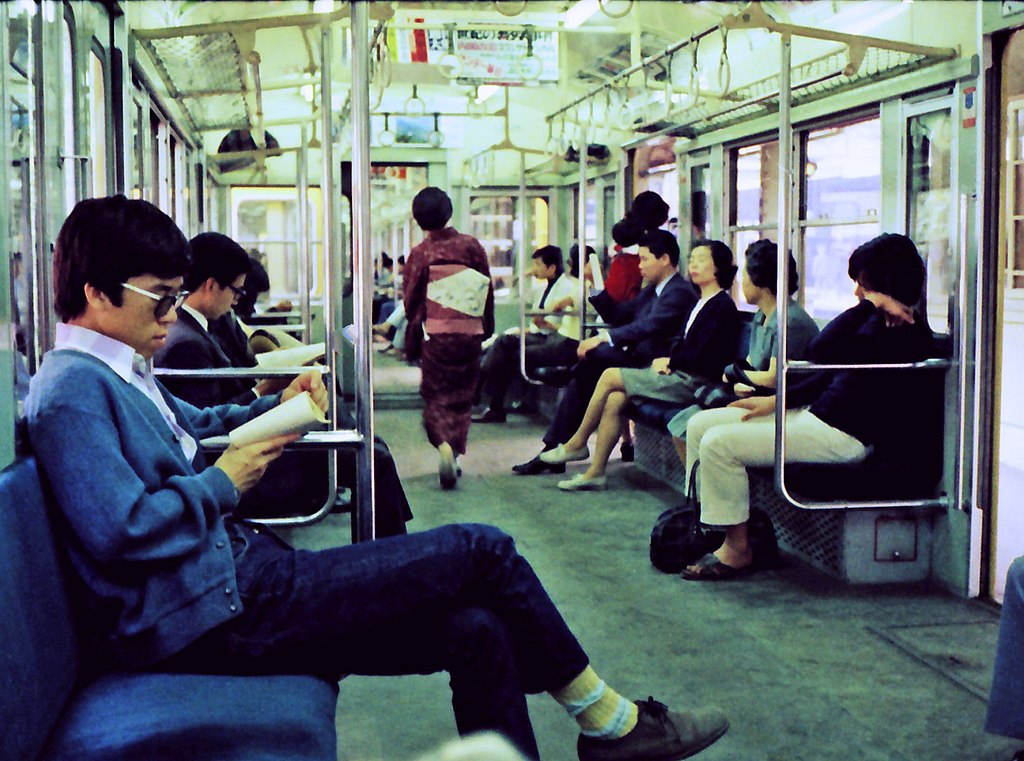 © Photo by iStock: wilford peloquin
© Photo by iStock: wilford peloquinSome debate as to whether Ametora can truly be considered a subculture, given that the term is generally used to describe any Japanese style that intimates American ones. For example, within Ametora there are a few substyles such as Amekaji, Japanese Preppy and Rockabilly. Regardless of its precise definition, the impact Ametora has had on Japanese designers and contemporary fashion shouldn’t be ignored.
The History and Cultural Significance of Ametora
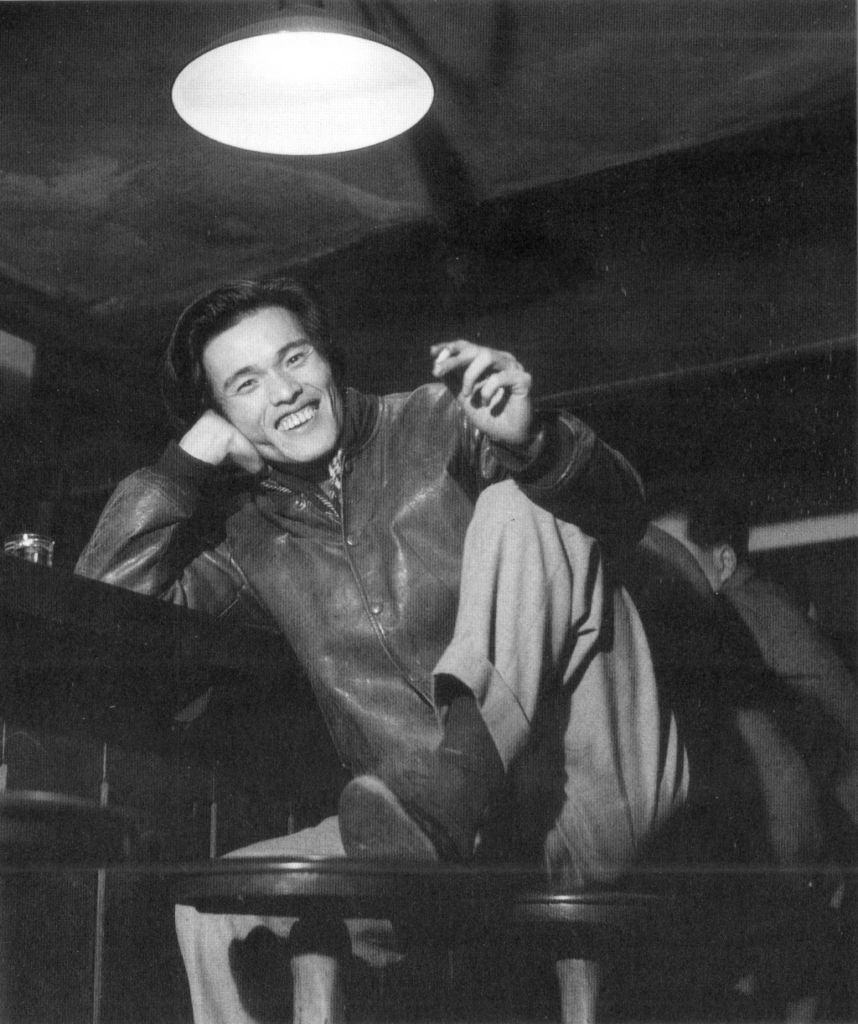 © Photo by Wikimedia Commons: Tadahiko Hayashi
© Photo by Wikimedia Commons: Tadahiko HayashiAs mentioned, the creation of Ametora can be traced back to the 1960s—a period when America was becoming the world’s main cultural and consumerist superpower. American films, music and pop culture became all the rage, especially with the young baby boomer generation. Author of Ametora: How Japan Saved American Style, W. David Marx quotes how “there was an entire industrial-media complex looking for the latest in Western trends and offering versions to young people, whether domestically made or imported”. Soon enough, Japanese teenagers wanted to ditch traditions and begin closely emulating American fashion trends and they did.
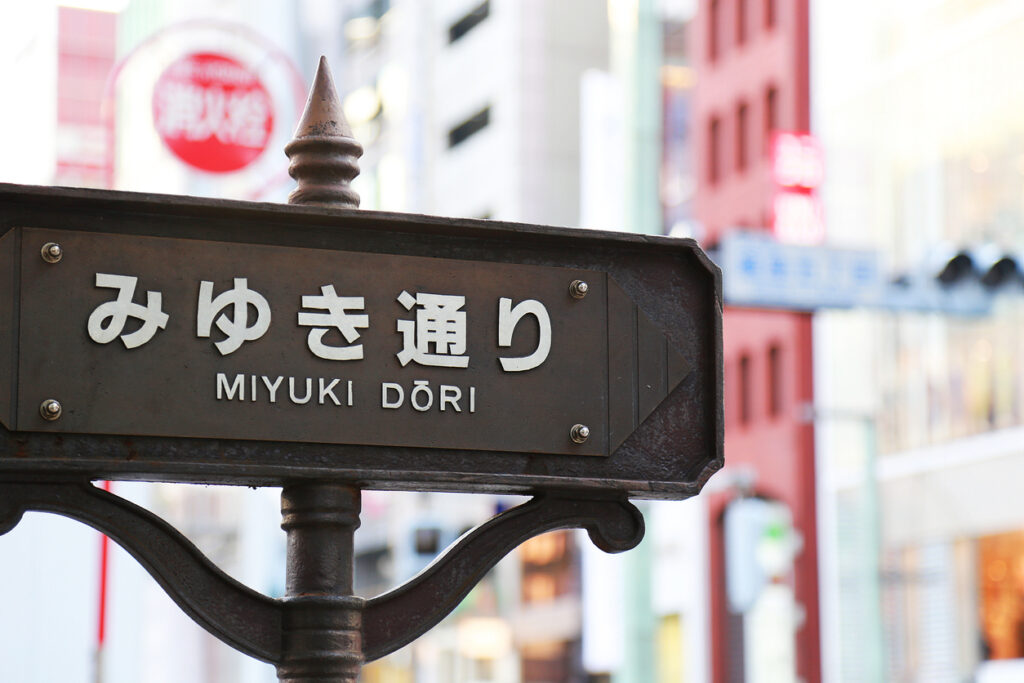 © Photo by iStock: aozora1
© Photo by iStock: aozora1In the mid-60s, young men and women would begin to gather on the streets of Ginza, more precisely Miyuki Street, wearing their best Ivy League-inspired fits. This group quickly became known as the Miyuki Tribe, and would eventually be commemorated through the name of the British menswear brand MKI Miyuki Zoku. Although Ametora is more associated with men’s fashion and tailoring, women did create their own version of the preppy American style, referred to as Josei Daisei (College girl).
Made in Japan
Eventually, the Japanese would elevate the style and make it their own through manufacturing practices. Individuals like Kensuke Ishizu made it their mission to make Ivy League fashion mainstream. Instead of importing the clothes from the US, Ishizu made it more accessible by making the apparel in Japan. Not only did he make the Ivy Look more popular through his brand, but he set a new quality standard. Other brands that made Japan-quality American fashion started to pop up such as Okayama Denim, Kamakura Shirts and Beams. Publications like PopEye and Cancam, which are still around today, also came into existence in the late 70s and early 80s. Designed to showcase the most trendy aspects of the American lifestyle, these magazines helped further shape Ametora.
Is Ametora Style Still Popular?
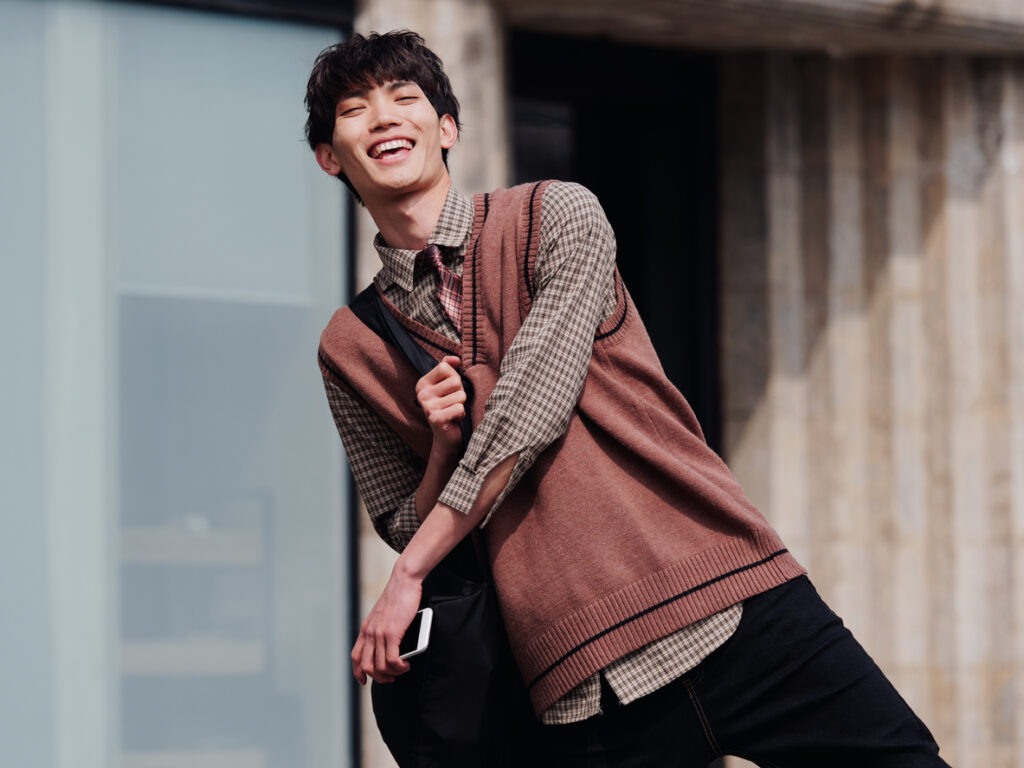 © Photo by iStock: yanjf
© Photo by iStock: yanjfUnlike other fashion subcultures like the Shibuya Gyaru and Lolita, which have faded in popularity over time, the Ametora style is still engrained in the contemporary Tokyo fashion scene. You will see many young people, especially in areas like Shimokitazawa, implement aspects of the aesthetic into their everyday fits. The revival of preppy fashion trends and the preference for more casualwear can explain why Ametora has stood the test of time.
Where to Shop for Ametora Style
Thrift shops are by far the best place to go. Areas like Shimokitazawa and Koenji are filled with second-hand stores selling apparel imported from the States. Other places to check out include legendary Americana and Japanese brands.
Alaska
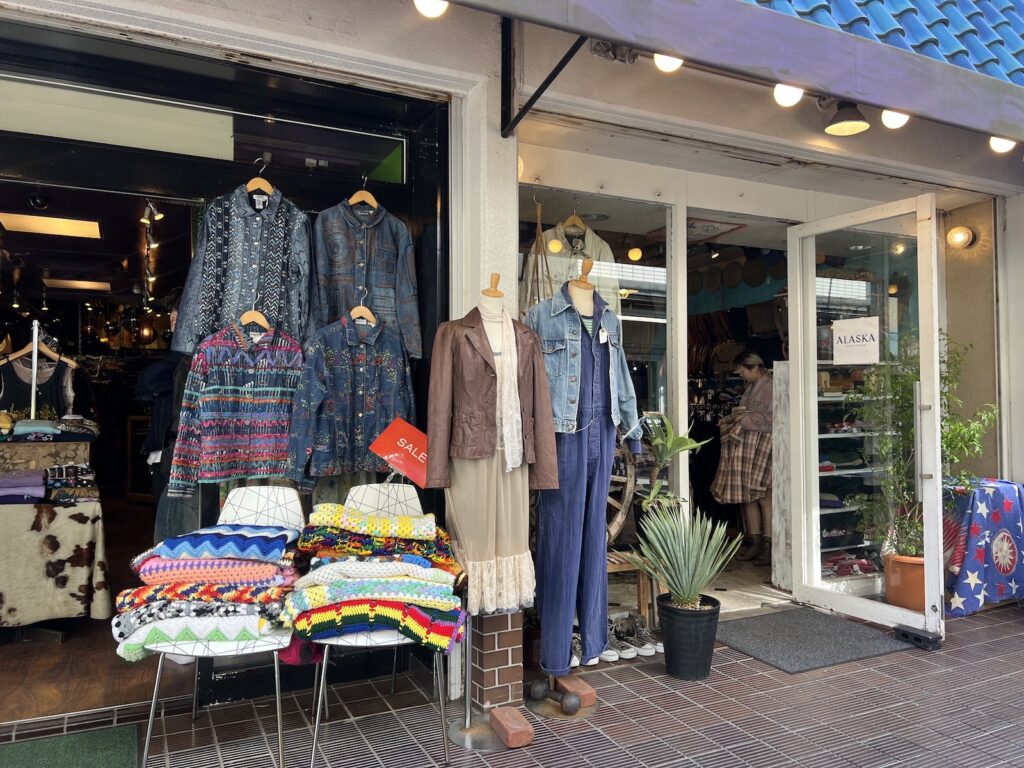 © Photo by Jane Pipkin
© Photo by Jane PipkinIf you are in Shimokitazawa, stop by Alaska. Although this consignment store claims to sell more retro-style and vintage clothing, you will find individual pieces that match the Ametora aesthetic.
Address: 2-30-10 1F 102/103 Kitazawa, Setagaya City, Tokyo
Jam Vintage
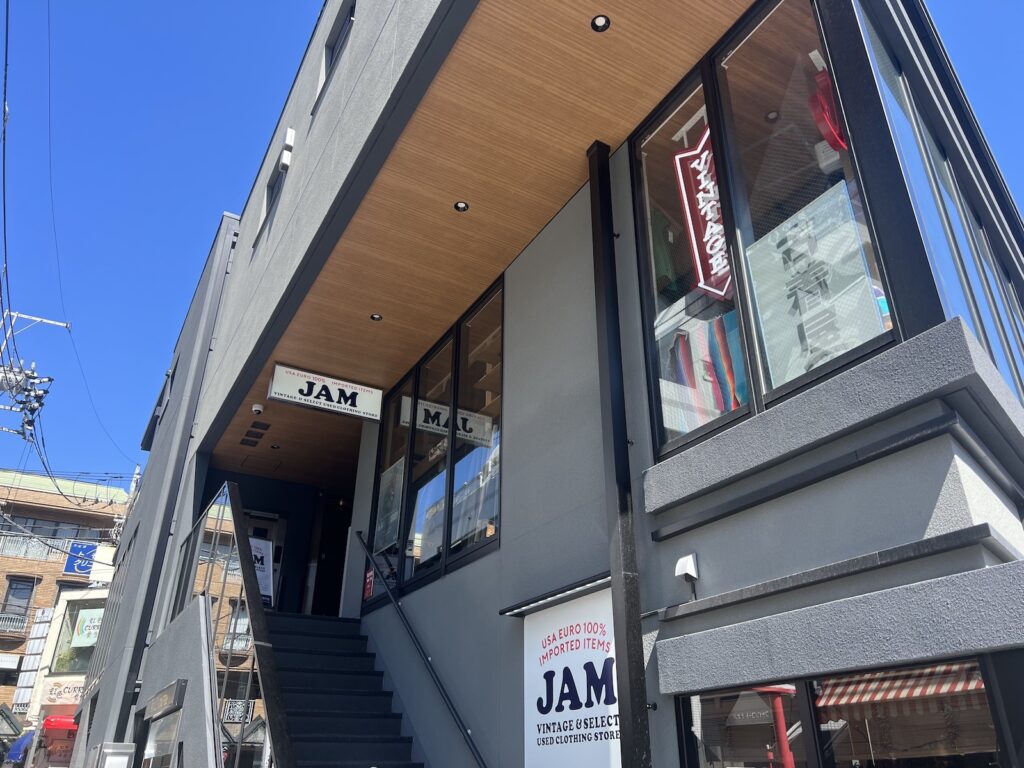 © Photo by Jane Pipkin
© Photo by Jane PipkinJam is a second-hand store that specializes in selling imported clothes from the US. Here you will find all the key pieces such as denim jackets, leather jackets, sweatshirts and button-up shirts. They are all of good quality and sourced from iconic American brands. There is one in both Harajuku and Shimokitazawa.
Address: Shimokitazawa: Abity 2F, 2-31-7 Kitazawa, Setagaya City, Tokyo ; Harajuku: Miyazaki Building B1F, 6−28−5 Jingumae, Shibuya City, Tokyo
Beams Japan
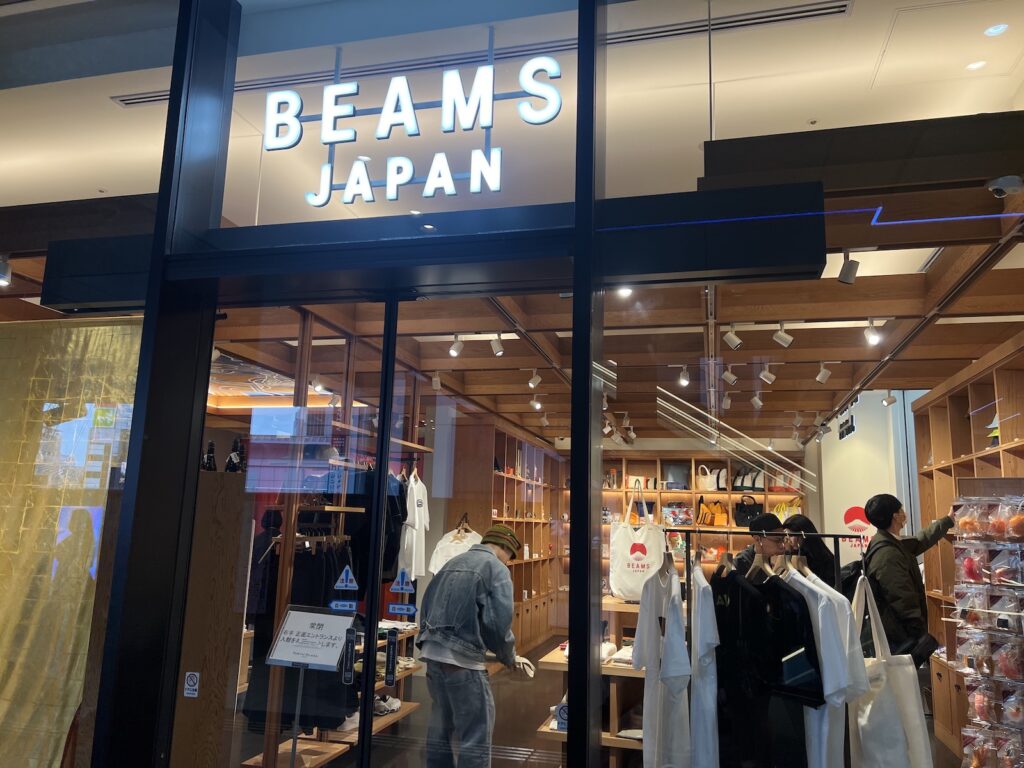 © Photo by Jane Pipkin
© Photo by Jane PipkinBeams is one of Japan’s most loved fashion and lifestyle brands. This American-style store is meant to feel like a UCLA student dorm room. They sell a mix of casual men’s and women’s wear—ideal for those who want high-quality American-style apparel.
Address: 3-32-6, Shinjuku City, Shinjuku, Tokyo
Polo by Ralph Lauren
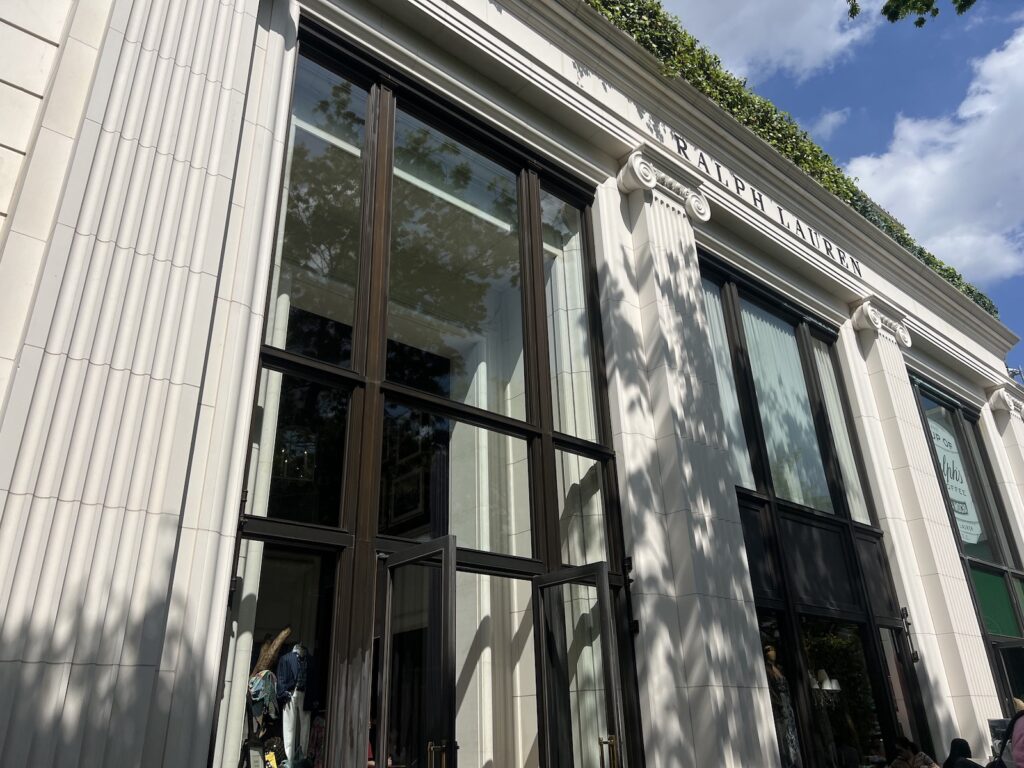 © Photo by Jane Pipkin
© Photo by Jane PipkinPolo by Ralph Lauren is one of the most iconic global fashion brands. Since the 1960s, the brand has closely been associated with the American Dream, through its timeless and luxury designs. Items such as polo tops, cashmere cardigans and Oxford shirts, are said to capture the essence of true American fashion. You can visit the Tokyo flagship store in Omotesando.
Address: 4-25-15, Jingumae, Shibuya City, Tokyo
Levi’s
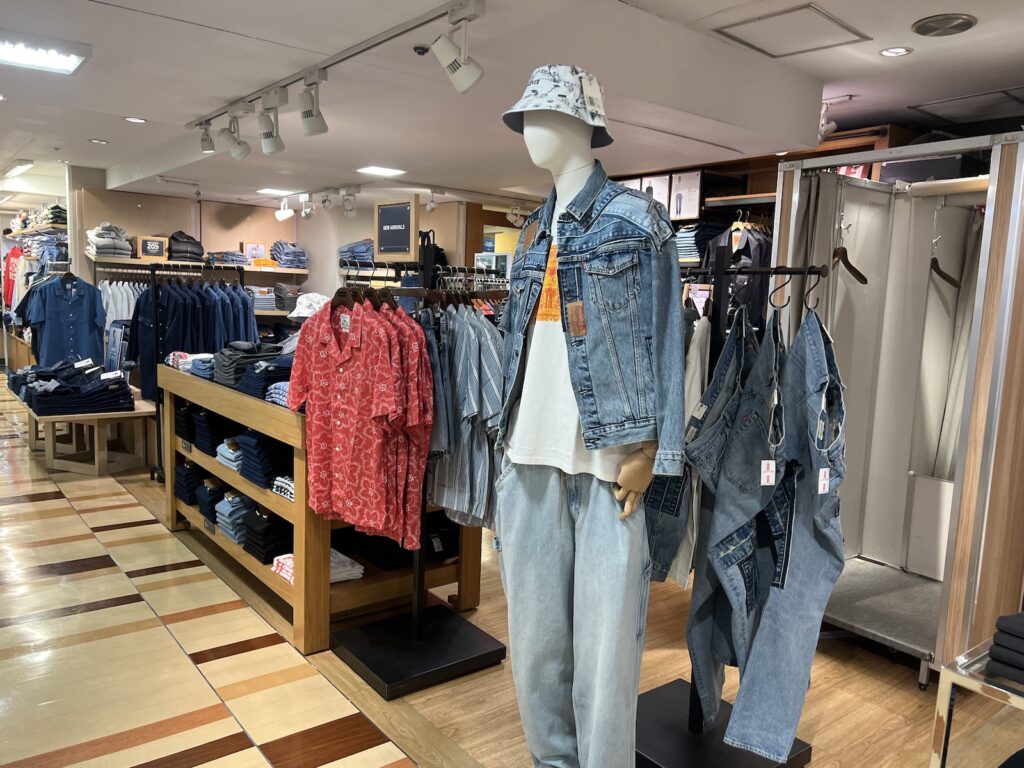 © Photo by Jane Pipkin
© Photo by Jane PipkinSimilar to Polo Ralph Lauren, Levi’s strongly epitomizes everything classic Americana. It is the one-stop shop for authentic blue jeans. Many people consider Levi’s jeans a wardrobe essential and for good reason—they are high quality and good fitting. The three-floor flagship store is in Harajuku.
Address: 6-16-12, Jingumae, Shibuya City, Tokyo
Interested in other Tokyo fashion subcultures?
Here are others we’ve covered:
What aspects of the Ametora subculture do you like most? Let us know in the comments below!


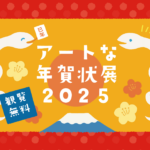









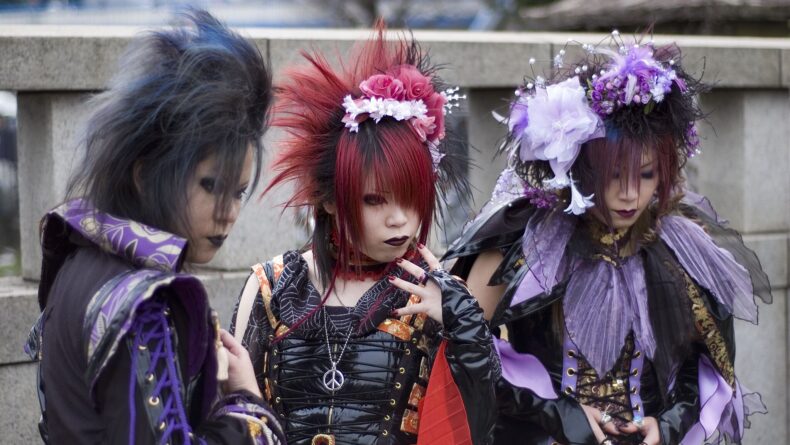
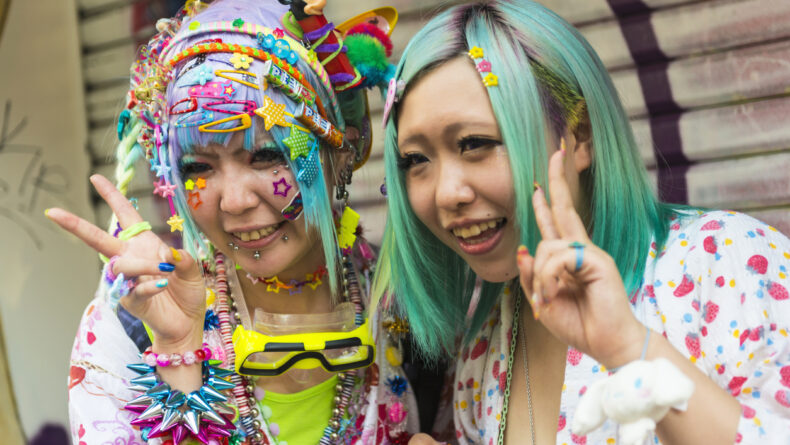
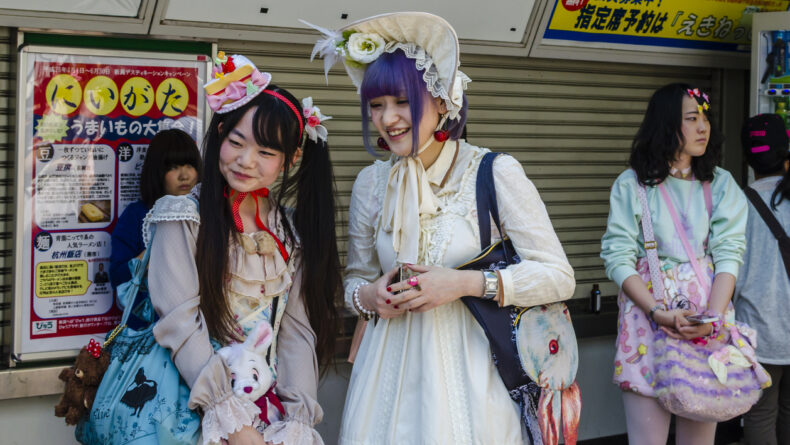
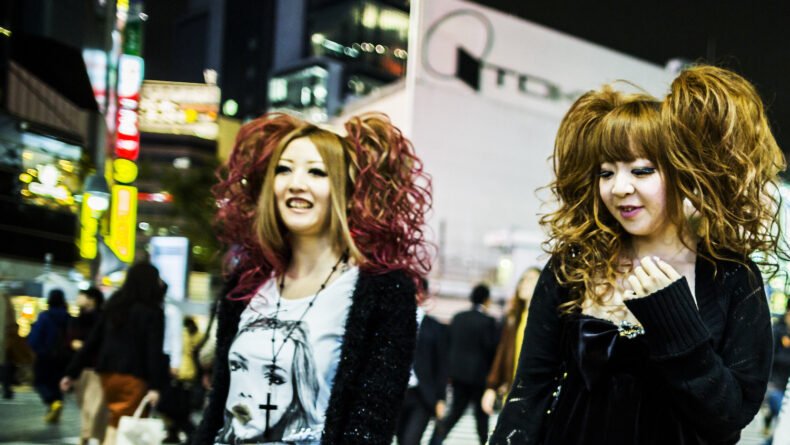
Leave a Reply